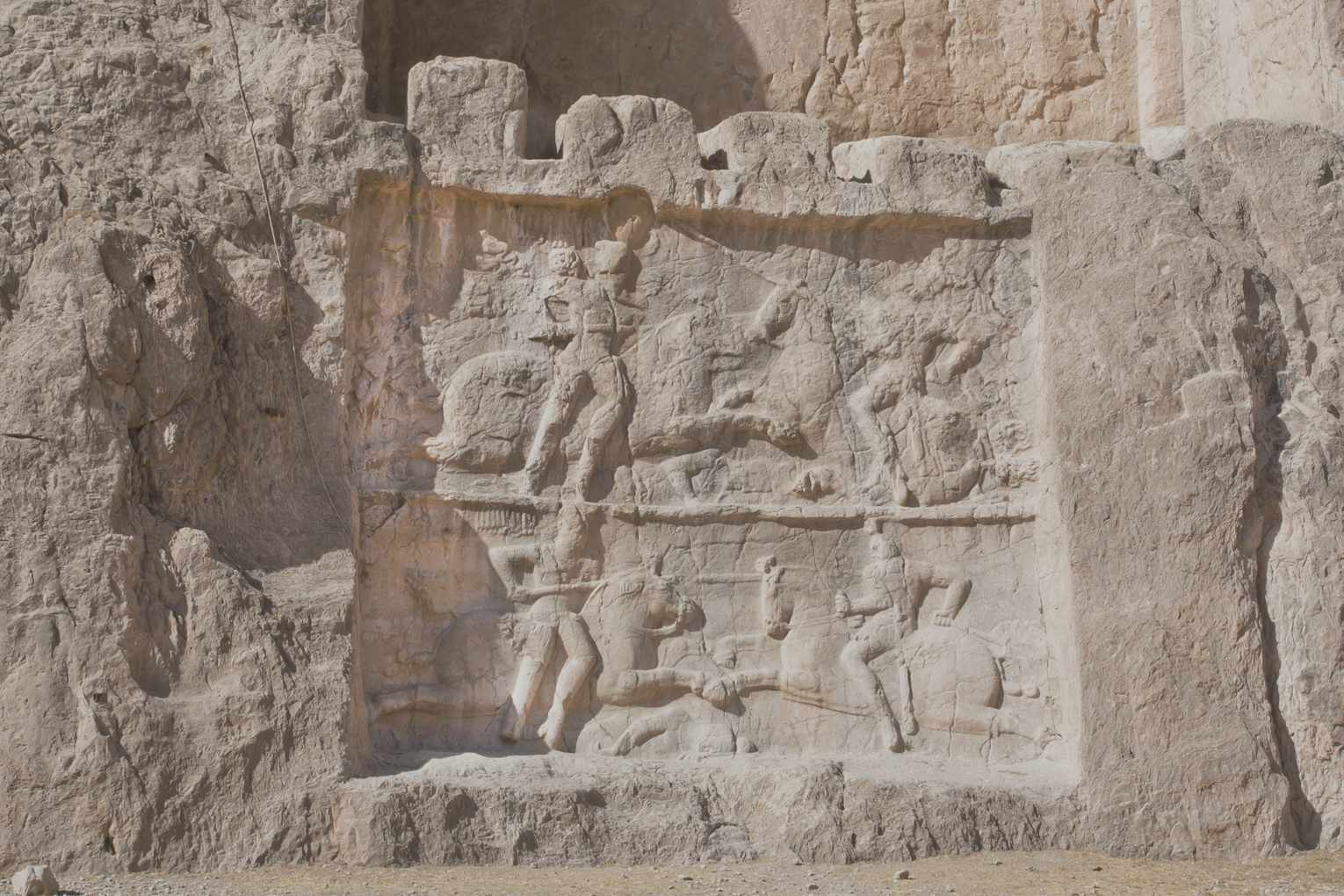
Chapter 1 of Esther shows us that Xerxes (Ahasuerus) is nowhere near as powerful as he thinks he is.
The first nine verses of the chapter make Xerxes out to be pretty intimidating. It's obvious from the lavish banquet throws and the riches he has and the way he micromanages absolutely everything (verse 8) that he is one powerful dude.
And he wants everyone to know it. He's gearing up to attack Greece and he wants the undying support of every nobleman in his empire. So he's using this six-month-long banquet to show them that he is unstoppable. He has all the power. He has all the money. He's going to be the king of everything. So they should jump in line. Anything else would be foolish.
But then the wheels fall off. And they fall off magnificently. He cannot get his wife to comply with his drunken, self-obsessed compulsions (verses 10-12). And then he broadcasts his failure by having a bizarre, unenforceable edict sent around his entire empire.
He most likely feels that creating a law banishing Vashti and legislating obedience in wives all over Persia will showcase his power. But it's actually just giving his powerlessness a megaphone. Most folks would have never known that Vashti refused to come show herself off for him and his noblemen. And now he's proclaiming a law that there's no way he can enforce.
This chapter reminds us that all human power is laughably weak.
We're supposed to chuckle at Xerxes here. This is a parody. This is comedy.
But we're supposed to do more than chuckle.
We're supposed to be thankful. Esther 1 reminds us of just how good we have it in the gospel of Jesus Christ.
There are at least three things to be thankful for after reading this chapter:
1. We have a king worth celebrating.
Xerxes' power was temporary and cheap.
God's power is everlasting to everlasting. His name is mentioned once in the book of Esther, but as we'll see, he is constantly working through all sorts of sordid people and circumstances to accomplish his purposes.
When Xerxes invites folks to celebrate his glory, it's always for selfishness.
When God invites us to celebrate his glory, it's always out of love. Our king is good. And one day we will feast with him in a banquet that will put Xerxes' party to shame.
2. We have a bridegroom worth suffering for.
No one blames Vashti for wanting no part of Xerxes' objectifying demands.
And as the bride of Christ, the church is often called to suffer for her bridegroom.
But Jesus is no Xerxes. He will ask us to suffer for him. But our suffering will be nothing like the suffering he did for us. He's suffered more shame than we'll ever be asked to bear. And the suffering he does call us to is always for our good and for our joy.
Xerxes could care less about Vashti's joy. Jesus is bent on sharing his joy with us forever.
3. We have a message worth spreading.
Xerxes' edict to all the husbands and wives in the land was petty and unenforceable.
God's message is the power to save. It is the good news that a hopped-up-on-false-power numbskull like you me can be rescued from my backwardness and brought into his beautiful family forever.

